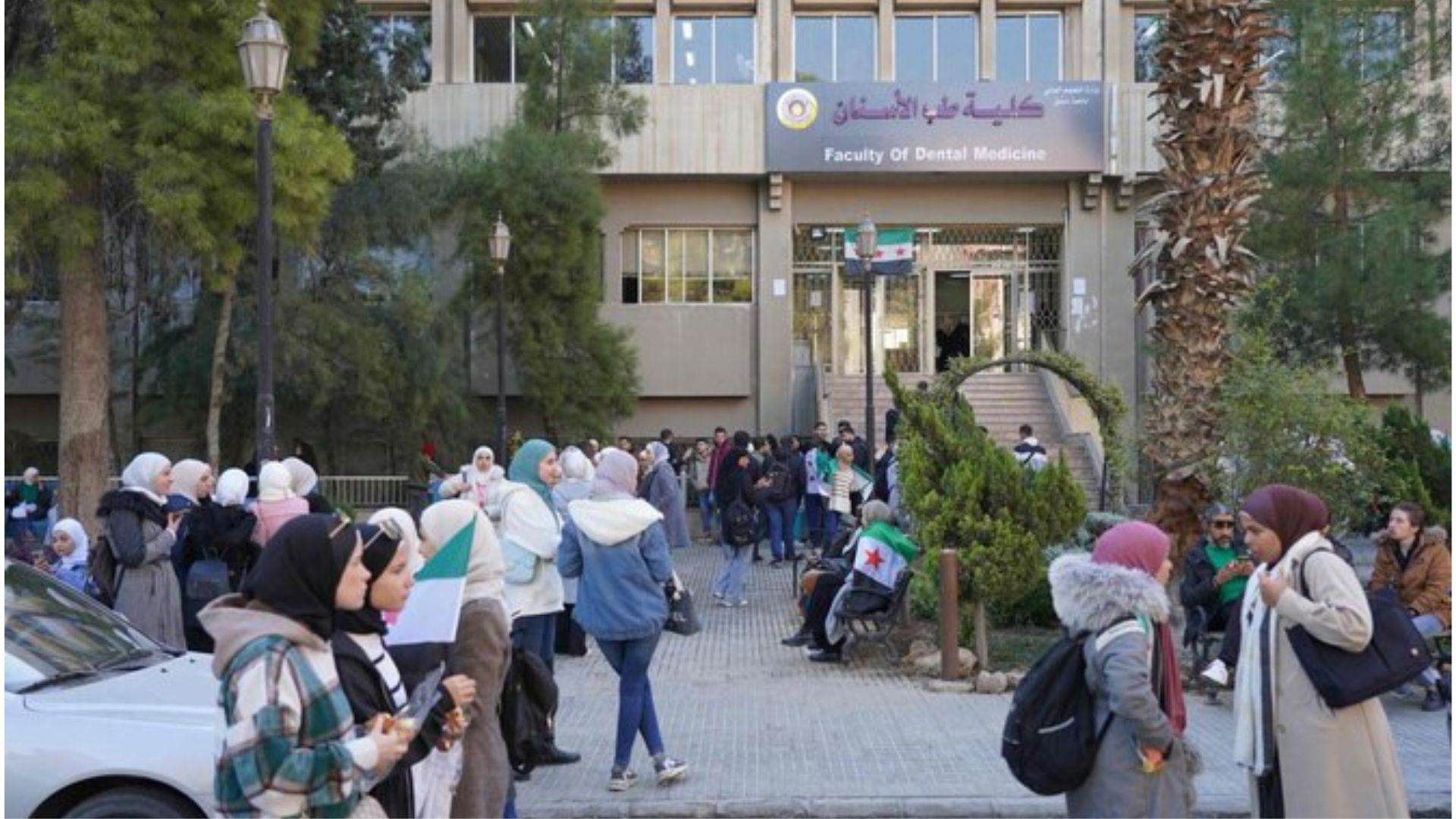Syrian Christians attended regular Sunday Mass for the first time since the dramatic overthrow of President Bashar al-Assad a week ago, marking a significant moment as the new Islamist rulers, Hayat Tahrir al-Sham (HTS), seek to reassure minority groups about their rights.
In the heavily Christian neighborhood of Bab Touma, streets were filled with worshippers returning from church services on Sunday morning. However, some residents expressed lingering fears about the future. Resident Maha Barsa, who attended Mass at the Greek Melkite Catholic church, admitted, “We’re scared, we’re still scared,” despite noting that nothing had occurred to justify her concerns. “Things are ambiguous,” she added.
Syria is home to a diverse array of ethnic and religious minority communities, including Christians, Armenians, Kurds, and Shi’ite Muslims, many of whom have feared that Islamist rule could threaten their way of life. In Latakia, a coastal city that has long been an Assad stronghold, Lina Akhras, a parish council secretary at the St George Greek Orthodox Cathedral, expressed that Christians had felt “comfortable” under Assad’s regime in terms of freedom of belief. She stated, “Thank God, we received a lot of assurances and we saw that members of the (HTS) committee reached out to our priest.”
The protection of minority rights was a key topic during a meeting of top diplomats from Arab nations, Turkey, the United States, and the European Union in Jordan. U.S. Secretary of State Antony Blinken emphasized the need for an inclusive government that respects minority rights and does not provide a base for terrorist groups.
Schools Reopen Amid Uncertainty
In another sign of returning normalcy, Syrian students returned to classrooms on Sunday after the new rulers ordered schools to reopen. Ahmad al-Sharaa, the new de facto leader, faces the daunting task of rebuilding Syria after a devastating civil war that resulted in hundreds of thousands of deaths and widespread destruction.
While most schools across the country opened on Sunday, some parents chose not to send their children due to ongoing uncertainty. In Damascus, students gathered cheerfully in the courtyard of a boys’ high school, applauding as the school secretary, Raed Nasser, hung the flag adopted by the new authorities. Student Salah al-Din Diab expressed optimism, stating, “I am optimistic and very happy.”
As Syria begins its recovery, neighboring countries and foreign powers are reassessing their positions following the collapse of the Assad government, which had been supported by Iran and Russia. Sharaa, also known by his rebel nom de guerre Abu Mohammed al-Golani, leads HTS, a group previously allied with al-Qaeda and designated a terrorist organization by many governments.
U.N. Syria envoy Geir Pedersen expressed hope for a swift end to sanctions to facilitate economic recovery, stating, “We will hopefully see a quick end to sanctions so that we can see really rallying around building up Syria.”























